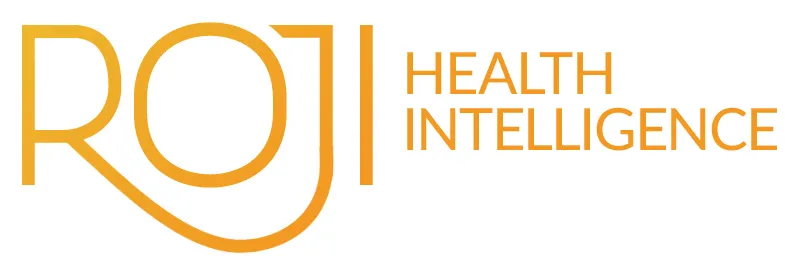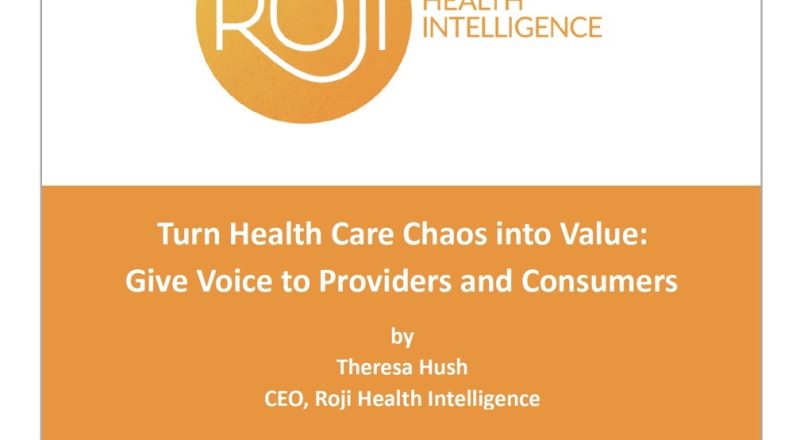What if your best route to viability was the high-risk path you feared the most, because that failure might destroy you? That’s the question Accountable Care Organizations (ACOs) have been asking this week—whether to participate in Medicare’s new Direct Contracting (DC) initiative. With a shift in payments from Fee for Service (paid per-provider service), to […]
Could AI Push Sales of Personal Health Data? How to Protect Consumers While Advancing Science
We are just beginning to see the power of Artificial Intelligence (AI) in medicine and management of conditions. AI is being used to enhance and speed diagnostic capabilities in conjunction with wearable devices as well as to identify health care cost issues and high risk patients. Companies, health care providers, and researchers hoping to move […]
How AI Can Engage Consumers to Reduce Disease Risk: The Case of Atrial Fibrillation
In our last article, we assessed how AI could be used to achieve clinical success for individual conditions, and to apply the technology to broad cost reduction efforts and population health interventions. But here’s the real test: Can we effectively apply AI technology to help patients better engage in lifestyle risk reduction—particularly for specific conditions […]
Can Artificial Intelligence and Machine Learning Reduce Health Care Costs?
All the experts’ 2020 health care technology predictions have one trend in common—more Artificial Intelligence. AI and its subset Machine Learning are tagged as the winning ticket to advances not only in clinical medicine and research, but also in administration and management. The hype promotes so many potential applications for AI that it begs for […]
Can Hospitals Still Lead Health Care Under Risk?
As the millennium’s third decade begins, Risk has taken hold as THE strategy for tackling health care costs. Virtually overnight (in health care years) the industry has moved—albeit not uniformly—to accept Risk. This transition is already beginning to impact hospitals and hospital-based systems, and raises serious questions about the viability of their role as the […]
Can Consumers Be the Answer to Health Care Cost Control?
In the intense ramp-up to accepting Value-Based Health Care payment models that include financial risk, providers have implemented an array of technologies and programs to improve cost performance. They are in a race against time. Capitation is re-emerging as a dominant payment type under Medicare Value-Based Primary Care Models and commercial contracts. Alternative Payment Models […]
Get the eBook: Turn Health Care Chaos into Value – Give Voice to Providers and Consumers
Are we on a real path to reducing health care costs and improving our citizens’ health? Those were stated goals in the early 2000s that developed into what is now called Value-Based Health Care (VBHC). VBHC has come to mean a major reform effort to slow the pace of cost increases through changes in incentives […]
Bottom Line: Can Consumers Survive Value-Based Health Care?
As 2019 nears its close, health care has reached a crossroads. Value-Based Health Care was intended to clarify consumer choices and motivate providers to offer high value services that improved outcomes, as well as to improve patient access to those services. But has that goal been realized? Has anything really changed? Or are health care […]
Can Consumers Ever Get the Transparency Needed to Predict Health Care Costs?
If you’re feeling squeezed to control your medical costs and pressured to find the essential information and help you need to do it, there’s a good reason. Health care professionals, politicians, and economic experts are calling on consumers to make decisions about what services to get and where to get them. While Value-Based Health Care […]
How to Manage Your Health Care Costs – Beyond Just Coverage Costs and Gaps
Consumers are rapidly becoming aware that costs for health care coverage extend well beyond premiums, copays, and deductibles—costs such as additional charges for out-of-network physicians and facilities. There is also a growing understanding that different providers charge varying costs for services—and that other hidden variables can increase the final bill for treatment. But consumer health […]










